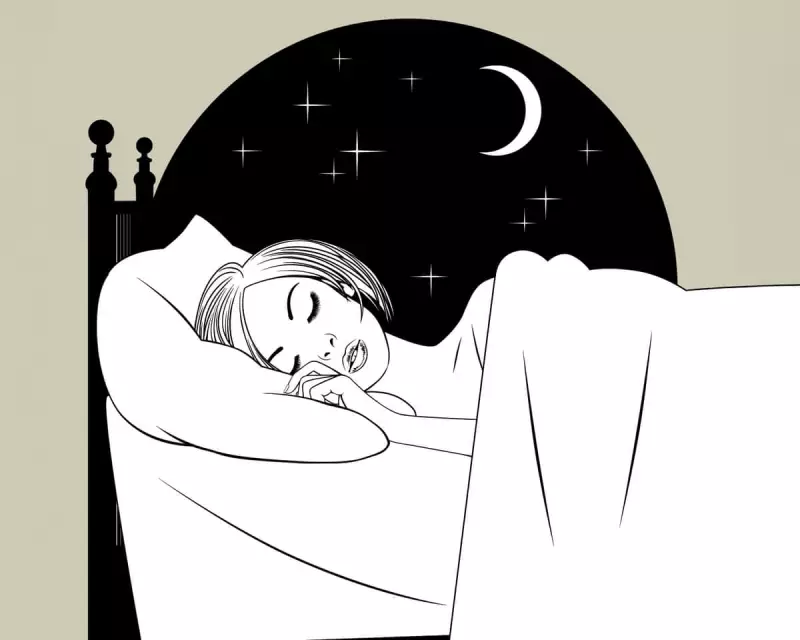
Are you tired of tossing and turning night after night? You're not alone. Millions struggle with poor sleep, but the good news is that science has uncovered powerful strategies to help you reclaim your nights and wake up feeling genuinely refreshed.
Master Your Body's Internal Clock
Your circadian rhythm is the master conductor of your sleep-wake cycle, and working with it rather than against it can transform your sleep quality. "Consistency is absolutely crucial," explains Dr Eleanor Vance, a leading sleep researcher. "Going to bed and waking up at roughly the same time every day—even on weekends—trains your brain to expect sleep at certain times."
Craft the Perfect Sleep Environment
Your bedroom should be a sanctuary designed for sleep. Experts recommend keeping the temperature between 18-20°C, eliminating all sources of light, and investing in blackout curtains. "Darkness signals to your brain that it's time to produce melatonin, the sleep hormone," says Professor Michael Chen from the Sleep Science Institute.
The Digital Detox Challenge
That late-night scrolling habit might be your biggest sleep thief. The blue light from phones, tablets, and computers suppresses melatonin production. "Aim to power down all devices at least 60 minutes before bedtime," advises sleep therapist Sarah Wilkinson. "If you must use them, enable night mode or blue light filters."
Establish a Powerful Wind-Down Ritual
Your body needs time to transition from wakefulness to sleep. Creating a consistent pre-bed routine signals to your brain that sleep is approaching. Effective wind-down activities include:
- Reading a physical book (not an e-reader)
- Taking a warm bath or shower
- Practicing gentle stretching or yoga
- Meditation or deep breathing exercises
- Listening to calming music or white noise
Rethink Your Relationship with Your Bed
If you find yourself lying awake for more than 20 minutes, get up. "Your bed should be associated only with sleep and intimacy," explains Dr Vance. "When you stay in bed while frustrated and awake, you create negative associations. Go to another room, do something relaxing in dim light, and only return when you feel sleepy."
Smart Lifestyle Adjustments for Better Sleep
What you do during the day significantly impacts your night. Regular exercise, preferably in the morning or afternoon, can deepen sleep. However, timing matters—intense workouts too close to bedtime can be overstimulating for some people.
Similarly, watch your caffeine intake. "Caffeine has a half-life of about 6 hours," notes Professor Chen. "That afternoon coffee might still be affecting your system at bedtime. Try cutting off caffeine by 2 PM and observe the difference."
The Alcohol Paradox
While alcohol might help you fall asleep faster, it severely disrupts sleep quality in the second half of the night. "Alcohol fragments sleep architecture, reducing crucial REM sleep and causing more nighttime awakenings," warns Wilkinson.
When to Seek Professional Help
If you've implemented these strategies consistently for several weeks without improvement, it might be time to consult your GP. Persistent sleep issues could indicate underlying conditions like sleep apnea or restless legs syndrome that require medical intervention.
Remember, improving sleep is often about gradual changes rather than overnight miracles. Start with one or two strategies that feel manageable, and build from there. Your well-rested future self will thank you.





